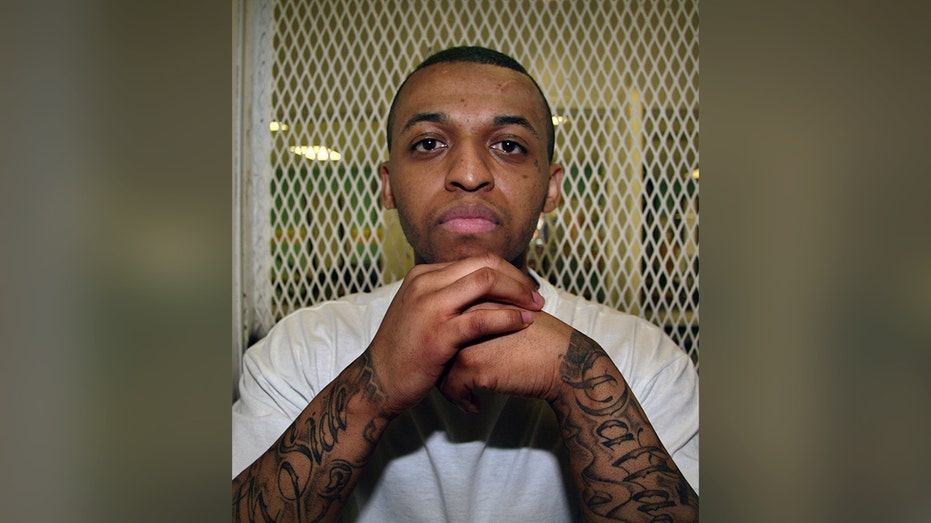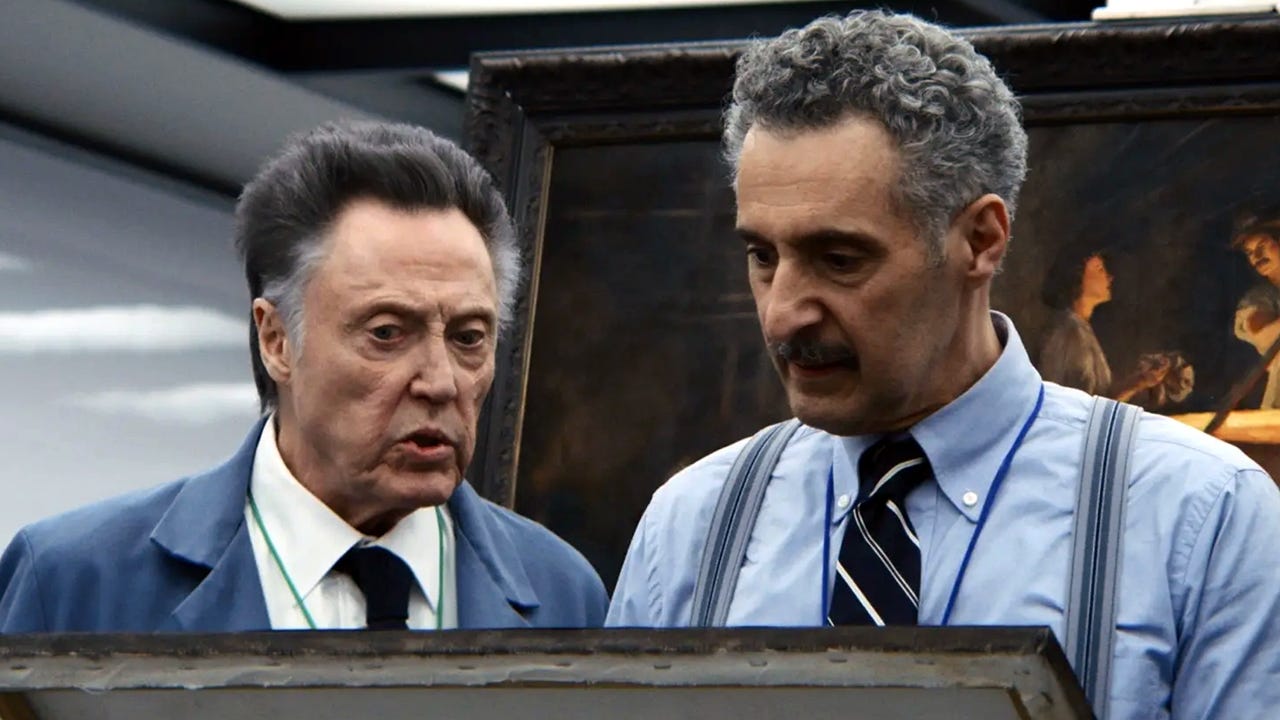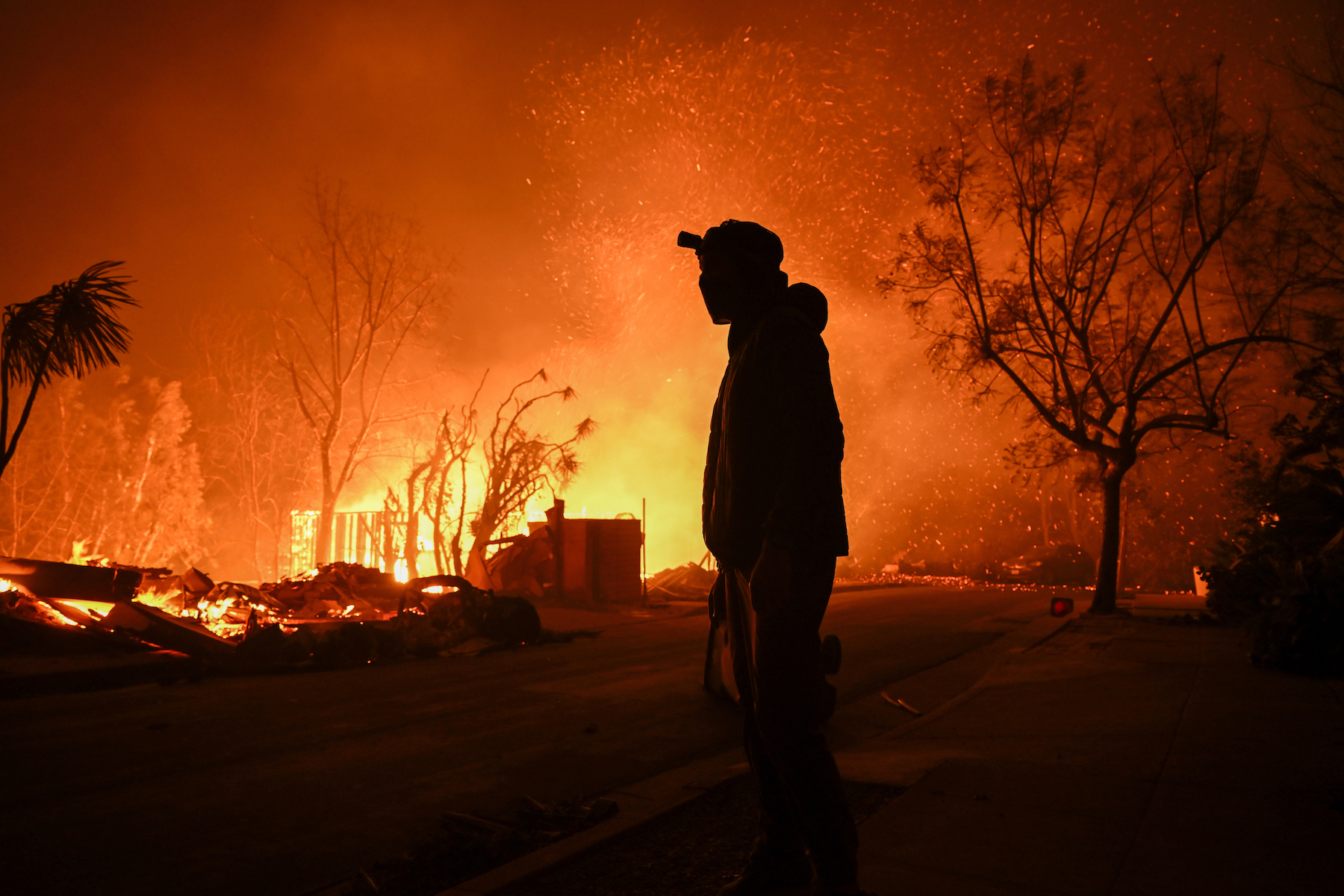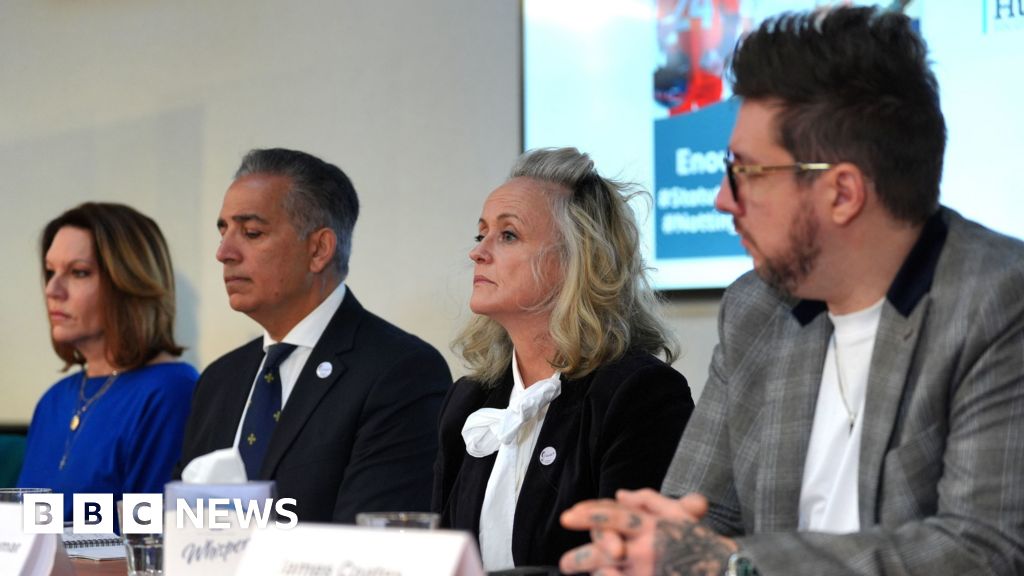Serbia’s students are showing the world how to restore democratic hope | Adriana Zaharijević
An authoritarian regime has been rocked by an anti-corruption movement generating society-wide anger and indignationAdriana Zaharijević is a philosopher at the Institute for Philosophy and Social Theory, University of BelgradeWhen a building structure collapses because it is old, as happened in Dresden a few months ago, people naturally respond with disbelief and disapproval of the authorities. It is a different story when new buildings crumble and kill people. The 1 November 2024 collapse of the concrete canopy of a railway station in Novi Sad, Serbia – whose restoration was completed only months earlier, accompanied by great government pomp – killed 15 people, and has sparked continuing nationwide outrage and indignation. The mass protests have forced the prime minister to resign and put the president under increasing pressure.Initially, the powers that be downplayed the collapse and the 15 lives it claimed, relying on the usual shoulder-shrugging platitude that, despite the tragedy, “Serbia cannot stop”. No time for grief, no need for questions, as on so many previous occasions. Much has been sacrificed for this ruthless, unstoppable “progress”. The rule of law and democracy have been its cardinal victims, fostering a culture of impunity, violence, widespread incompetence and corruption. National institutions like the judiciary, long captured by the regime, turned a blind eye to the unconstitutional, usurping actions of the oligarchy in power. It seemed this would be another case where the public would receive no satisfactory explanation, and no one would be held accountable. Continue reading...

An authoritarian regime has been rocked by an anti-corruption movement generating society-wide anger and indignation
- Adriana Zaharijević is a philosopher at the Institute for Philosophy and Social Theory, University of Belgrade
When a building structure collapses because it is old, as happened in Dresden a few months ago, people naturally respond with disbelief and disapproval of the authorities. It is a different story when new buildings crumble and kill people. The 1 November 2024 collapse of the concrete canopy of a railway station in Novi Sad, Serbia – whose restoration was completed only months earlier, accompanied by great government pomp – killed 15 people, and has sparked continuing nationwide outrage and indignation. The mass protests have forced the prime minister to resign and put the president under increasing pressure.
Initially, the powers that be downplayed the collapse and the 15 lives it claimed, relying on the usual shoulder-shrugging platitude that, despite the tragedy, “Serbia cannot stop”. No time for grief, no need for questions, as on so many previous occasions. Much has been sacrificed for this ruthless, unstoppable “progress”. The rule of law and democracy have been its cardinal victims, fostering a culture of impunity, violence, widespread incompetence and corruption. National institutions like the judiciary, long captured by the regime, turned a blind eye to the unconstitutional, usurping actions of the oligarchy in power. It seemed this would be another case where the public would receive no satisfactory explanation, and no one would be held accountable. Continue reading...














































































